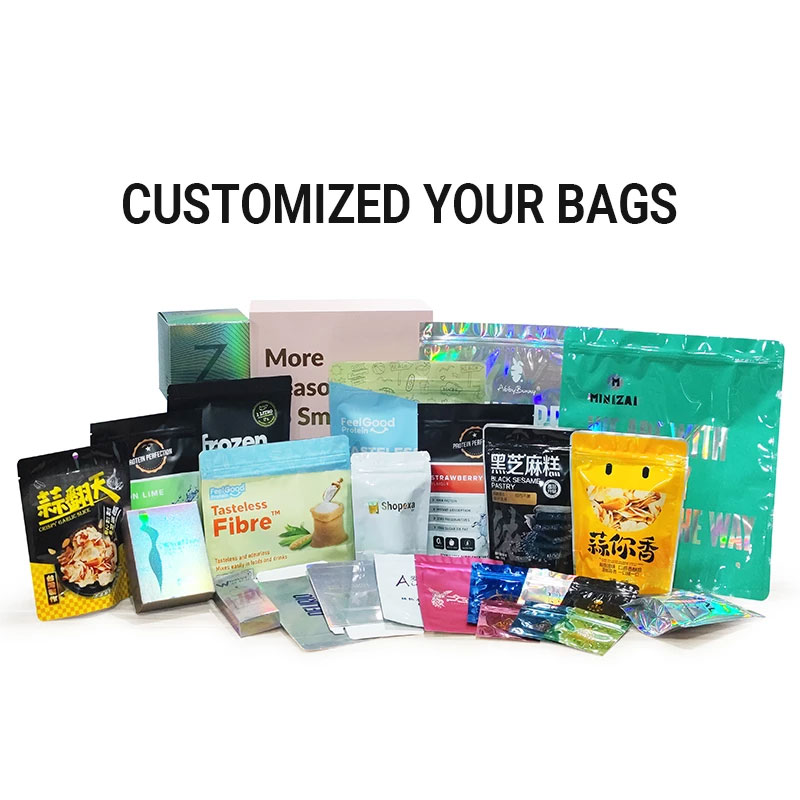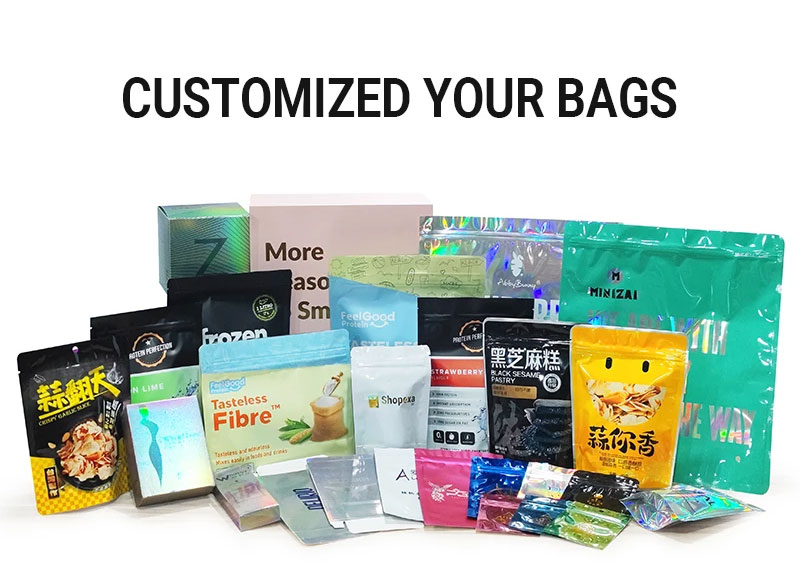News
Soonseal
 www.sealingwell.com
https://sealingwell.usa72.wondercdn.com/uploads/image/64995865c58b2.png
www.sealingwell.com
https://sealingwell.usa72.wondercdn.com/uploads/image/64995865c58b2.png
The first custom packaging, why is the MOQ so high?
Views: 999
Author: Soonseal
Publish Time: 2022-05-27
Origin: www.sealingwell.com
When product sales reach the second step, companies begin to focus on brand vision and user experience. At this time, the packaging methods of general-purpose bags and self-adhesive labels are no longer applicable, and companies tend to choose customized packaging so that consumers can more intuitively distinguish their products from homogeneous products.

The difference between generic packaging and custom packaging
General-purpose packaging products are supported by the factory’s data based on the conventional size of the current hot-selling products and select common solution materials (such as kraft paper) for mass production. Some general-purpose packaging products do not need to go through the gravure printing process, so they can avoid the risk of slow sales and support inventory. The service is usually applicable to many scenarios, with very low starting quantities, and even one piece can be shipped on behalf of customers. Customers only need to buy self-adhesive backing to package the products and then circulate them.
For custom packaging products, the general process is: design → prepress typesetting → plate making → printing → lamination → bag making, or slitting (automatic packaging). The most important step is the first step: evaluate and analyze the customer's brand concept and product value, and design a special one-to-one packaging that fits the corporate style (such as IP characters and VI colors). The custom design can only be used by the customer's enterprise, and it is necessary to apply for copyright as much as possible to avoid infringement.
Printing production principle
Simply put, our production process is from printing, laminating to bag making, printing the whole grain film, then laminating the whole grain film, and finally processing the whole semi-finished film on the machine bag, so it cannot adapt to the "small sample" proposed by the customer. or "small batch" needs.
About the material: The material for gravure printing is the mask (BOPP, PET, matte, pearlescent, PA, etc., in units of grains), and the material for the lamination process is the inner film (PET, VMPET, PE, CP, etc., in units of grains) ), some materials can be used as both printing materials and laminating materials, and the specific plans are analyzed in detail.
About the link: The semi-finished product after printing and compounding can fully volatilize the residual diluent and adhesive in the darkroom of the curing room to ensure that the national and industry testing standards are up to standard before it can be put on the bag making machine.
Regarding speed: If the product has many printing colors, the gravure master will take longer to install the plate roller. The printing and laminating equipment run very fast, but the bag-making process is adjusted according to different bag types, specific processes, and size specifications. For example, eight-sided sealing and special-shaped bags take longer to make. Therefore, the length of the delivery time usually depends on the gravure plate changing process and the bag making process.
What does the custom packaging MOQ depend on?
1. Customized bag specifications (length*width+bottom width*thickness): The size of raw materials is divided into fixed specifications according to different thicknesses. When we receive customer needs, we need to select raw materials according to the specifications, and then plan and print from the raw materials The area, the weight of the corresponding composite material, and the typesetting calculation of the minimum batch number.
2. Customized bag-type consumables: The cutting loss of materials caused by different bag-type processes also affects the MOQ at a certain level. In order to ensure complete delivery, after calculating the printing area and composite material weight, we need to consider the proportion of consumables to the whole batch.
3. Since the mass-produced packaging bags must be adjusted and adapted during the actual production process (after all, this is not molded production, dear!), there will be losses (such as printing toning, lamination adjustment, bag making calibration), There will be more or less an error in the actual quantity out of the warehouse (5%-10%, the kind that fortune tellers are not necessarily accurate).









